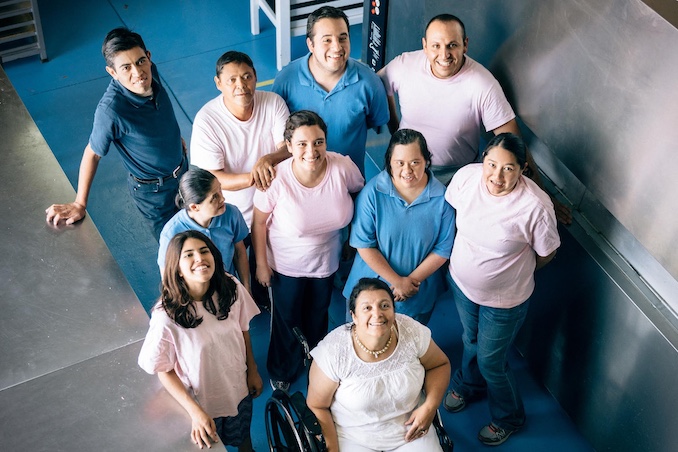Finally, we’ve reached a time when inclusivity and accessibility is a major consideration in the workplace. But some industries are better at getting with the times than others.

Thanks to the Hospitality Workers Training Centre (HWTC), a growing number of organizations in the food, beverage, and hotel industries are making positive strides when it comes to understanding, recruiting, and retaining people with disabilities in the hospitality industry.
The training centre recently received the David C. Onley Award for Leadership in Accessibility. The respected award recognizes organizations that champion accessibility, raise awareness about the benefits of inclusion, and foster positive change in communities in Ontario.
Within the last year, the HWTC developed a toolkit of resources for employers in the hospitality and food services to foster an inclusive industry. Access Granted: A Toolkit for Inclusive Hospitality and Food Service Employers has been designed to assist hospitality employers of all sizes cultivate inclusive, agile, and productive teams by effectively engaging job seekers and workers living with a disability. It’s easily accessible online with a few clicks and broken down into four categories: Understand, Prepare, Recruit, and Train.
The toolkit is the product of input from hospitality and food service employers and managers, disability employment experts, and job seekers living with disabilities. Additionally, the HWTC reviewed more than 100 publications from Canada and comparable jurisdictions, and curated a selection of the best to create the toolkit. New resources will emerge as the organization continues to update the toolkit with the most current stories.
The move is an important and relevant one: Canada’s and Ontario’s hospitality industry is forecasted to experience significant growth in the coming decade, while at the same time will face an imminent labour shortage and an aging workforce. This means that employers will need to find and implement creative strategies to ensure that they have the workforce needed to account for growth and to meet their business objectives – and engaging non-traditional (but completely capable) workforces should be one of these strategies.
To date, HWTC has trained over 500 participants, including unemployed youth and those in receipt of Ontario Disability Supports and Ontario Works, and has successfully placed 70 per cent in jobs in the hospitality industry of Toronto in the first year of completion.
Research shows that that people living with disabilities can provide significant talent advantages to employers; the HWTC helps change lives and better businesses by offering resources to find previously unemployed individuals work.




